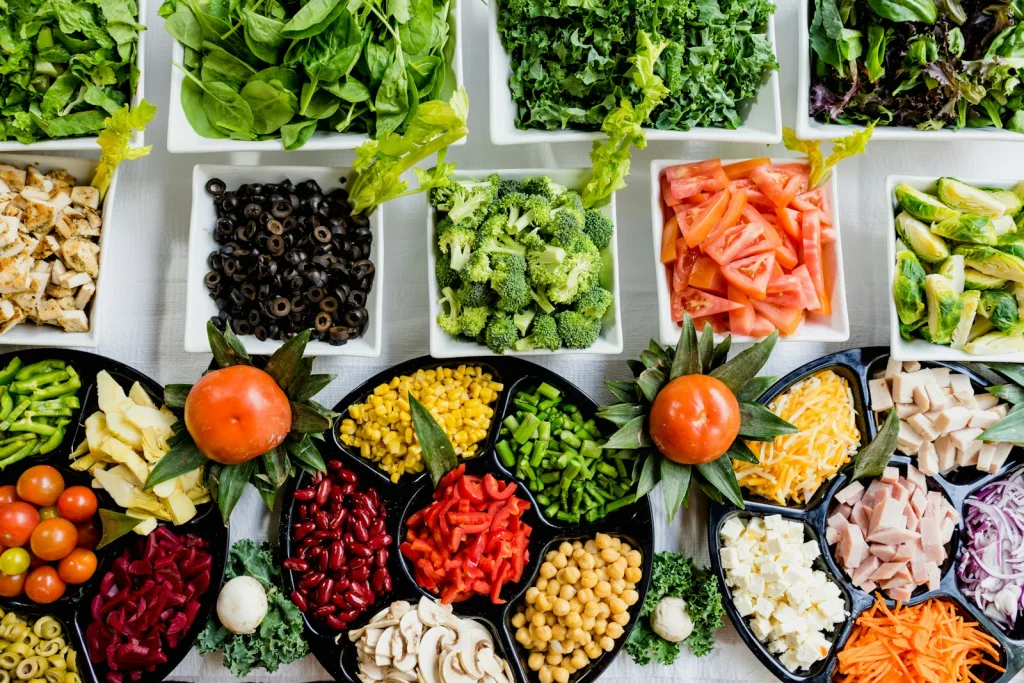
Nutrition plays a pivotal role in shaping overall health and well-being. However, the nutritional needs and effects of diet can vary significantly between men and women due to biological differences and varying health concerns. This article delves into how nutrition impacts the health of both genders, highlighting specific dietary strategies to address unique health challenges faced by men and women.
Understanding Gender-Specific Nutritional Needs
Men and women have different nutritional requirements due to differences in hormones, metabolism, and risk for certain diseases. Recognizing and addressing these differences is essential for optimizing health outcomes through diet.
Key Nutritional Considerations for Men
- Heart Health:
- Men are at a higher risk for heart disease at an earlier age. Diets rich in omega-3 fatty acids, fiber, and potassium, while low in saturated fat and sodium, can help reduce this risk.
- Foods to Include: Salmon, flaxseeds, oatmeal, fruits, and vegetables.
- Muscle Mass:
- Men generally have more muscle mass and require more calories, particularly from protein, to maintain muscle health and overall metabolism.
- Foods to Include: Lean meats, beans, legumes, and dairy products.
- Prostate Health:
- Proper nutrition can support prostate health and reduce the risk of prostate problems, including prostate cancer.
- Foods to Include: Tomatoes (rich in lycopene), green tea, and cruciferous vegetables like broccoli.
Key Nutritional Considerations for Women
- Bone Health:
- Women are more prone to osteoporosis, particularly post-menopause. Calcium and vitamin D are crucial for maintaining bone density.
- Foods to Include: Dairy products, fortified plant milks, leafy green vegetables, and fatty fish.
- Iron Needs:
- Due to menstruation, women need more iron than men to prevent iron deficiency and anemia.
- Foods to Include: Red meat, poultry, lentils, and fortified cereals.
- Reproductive Health:
- Nutrients like folic acid are essential for women of childbearing age to support fetal development and prevent birth defects.
- Foods to Include: Leafy greens, nuts, beans, and citrus fruits.
Nutrition for Common Concerns in Both Genders
- Weight Management:
- Both men and women can benefit from a diet focused on whole foods, low in processed foods, and rich in vegetables, fruits, lean proteins, and whole grains to manage weight effectively.
- Mental Health:
- Diets rich in vitamins, minerals, and omega-3 fatty acids can improve mood and reduce the risk of depression.
- Foods to Include: Avocados, berries, nuts, and fatty fish like salmon.
- Aging:
- Antioxidant-rich foods can help combat the effects of aging by reducing inflammation and supporting cellular health.
- Foods to Include: Berries, nuts, dark chocolate, and green tea.
Conclusion
Tailoring nutrition based on gender-specific needs can significantly impact the health outcomes of men and women. By focusing on dietary intake that supports their unique health challenges, both men and women can enhance their quality of life and prevent various health issues.